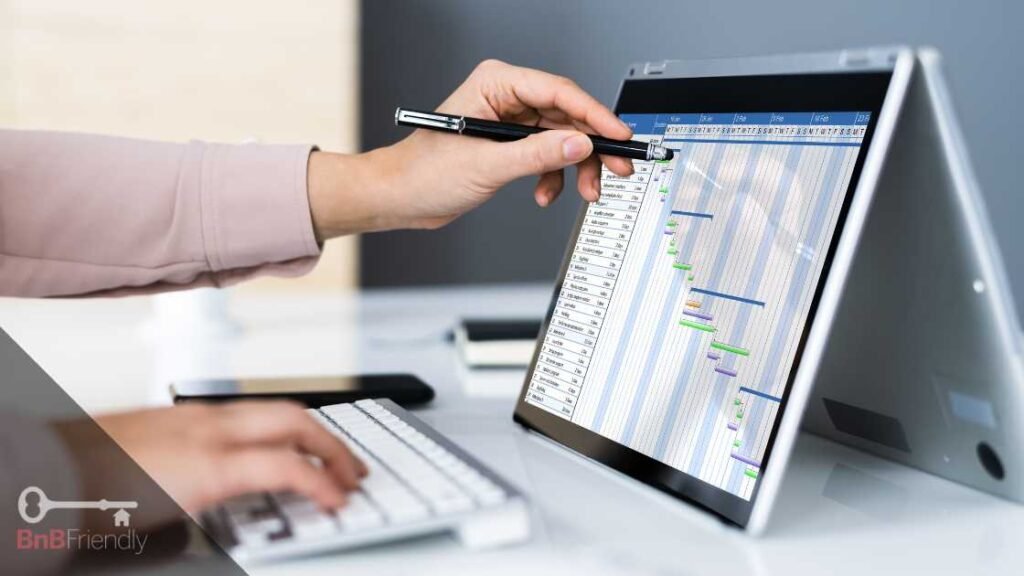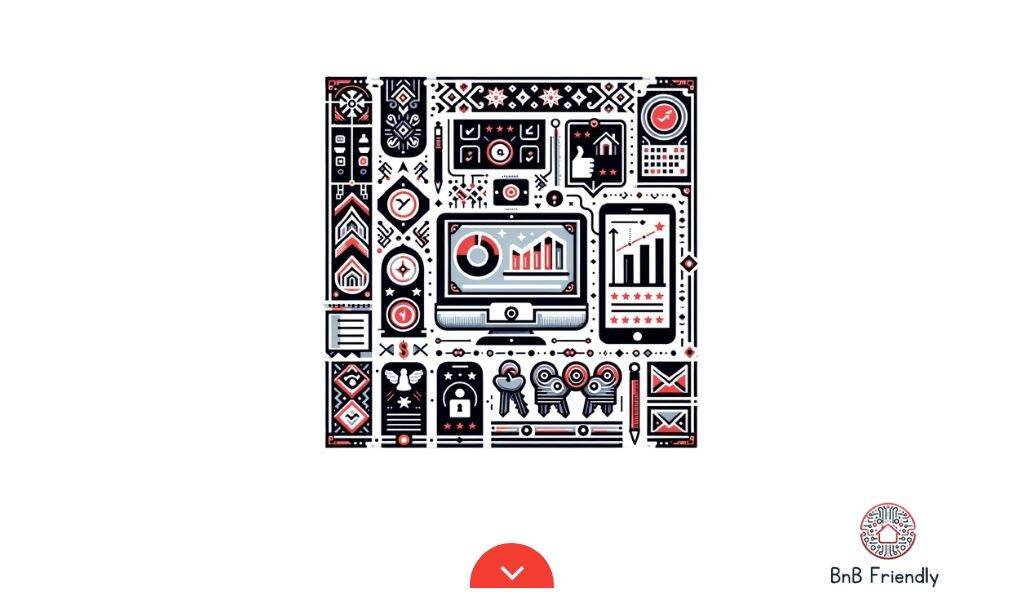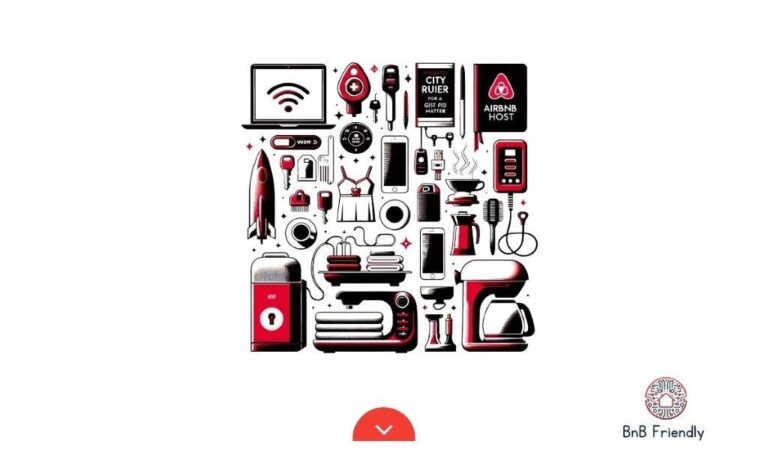Landlord Software Reviews: The Best Tools for Property Management
As landlords, managing rental properties can be a daunting task. From advertising vacancies to screening tenants, collecting rent, and handling maintenance requests, the list of responsibilities seems endless. Fortunately, technology has made it easier for landlords to manage their properties. One of the most helpful tools available for landlords is landlord software.
Landlord software is designed to streamline property management tasks and make the landlord’s job easier. With so many options available, choosing the right landlord software can be a challenge. That’s why we’ve taken the time to review and compare some of the best landlord software available on the market. Our reviews are based on a variety of factors, including ease of use, features, pricing, and customer support.

Why Use Landlord Software?
As property managers, we understand the importance of managing our properties efficiently while keeping our tenants happy. This is where landlord software comes in. Landlord software can help us streamline our operations, save time, and increase our profits. In this section, we will discuss the benefits of landlord software and the different types available.
Benefits of Landlord Software
Landlord software can provide many benefits to property managers. Here are a few:
- Efficiency: Landlord software can help us manage our properties more efficiently by automating tasks such as rent collection, maintenance requests, and lease renewals. This can save us time and reduce the risk of errors.
- Organization: Landlord software can help us keep track of important documents such as leases, tenant information, and maintenance records. This can help us stay organized and reduce the risk of losing important information.
- Communication: Landlord software can help us communicate with our tenants more effectively by providing a platform for sending messages and alerts. This can help us keep our tenants informed and improve our relationships with them.
- Financial management: Landlord software can help us manage our finances more effectively by providing tools for tracking expenses, generating reports, and calculating taxes. This can help us save money and reduce the risk of financial errors.
Types of Landlord Software
There are many different types of landlord software available, each with its own set of features and benefits. Here are a few:
| Type of landlord software | Description |
|---|---|
| Cloud-based software | Cloud-based software is hosted on remote servers and accessed through the internet. This type of software is easy to use and can be accessed from anywhere with an internet connection. |
| Desktop software | Desktop software is installed on a computer and accessed locally. This type of software can be more powerful than cloud-based software but may require more technical knowledge to use. |
| Mobile apps | Mobile apps are designed for use on smartphones and tablets. This type of software can be convenient for property managers who are always on the go. |
Overall, landlord software can provide many benefits to property managers. By using the right software, we can manage our properties more efficiently, save time, and increase our profits. When choosing a landlord software, it’s important to consider our specific needs and the features that are most important to us.
Factors to Consider When Choosing Landlord Software

As we review landlord software options, there are several factors to consider before making a decision. Here are some of the most important:
Ease of Use
One of the most important factors to consider when choosing landlord software is ease of use. You want a platform that is intuitive and easy to navigate. Look for software that has a clean, modern interface and that offers tutorials or training to help you get started. It’s also a good idea to read reviews from other users to see if they have had any issues with usability.
Pricing
Pricing is another important consideration. Look for software that fits within your budget and that offers transparent pricing. Some platforms charge a monthly subscription fee, while others charge per unit or per transaction. Make sure you understand how the pricing works and what features are included at each price point.
Features
The features offered by landlord software can vary widely. Some platforms offer basic features like rent collection and tenant screening, while others offer more advanced features like maintenance tracking and accounting. Consider which features are most important to you and your business, and look for software that offers those features.
Some other features to consider include:
- Online rent payment options
- Automatic late fee calculations
- Customizable lease agreements
- Mobile app access
Customer Support
Finally, consider the level of customer support offered by the landlord software provider. Look for platforms that offer multiple channels of support, such as phone, email, and live chat. It’s also a good idea to read reviews from other users to see if they have had positive experiences with customer support.
Some other factors to consider include:
- Availability of support (24/7 vs. business hours only)
- Response time to support requests
- Quality of support provided
Final Thoughts
We have reviewed several landlord software options, ranging from free to paid versions. Each software has its pros and cons, and ultimately the best choice depends on your specific needs and budget. If you are just starting out as a landlord or have a small number of properties, a free or low-cost option may be sufficient. However, if you have a larger portfolio or need more advanced features, investing in a paid software may be worth it.
It is important to consider factors such as ease of use, customer support, and features such as automated rent collection and accounting. Some software options also offer tenant screening and lease management, which can be useful for streamlining the entire rental process.
Overall, we recommend doing thorough research and taking advantage of free trials before committing to a specific landlord software. It is also important to regularly evaluate your software choice to ensure it continues to meet your needs and provides the best value for your money.




